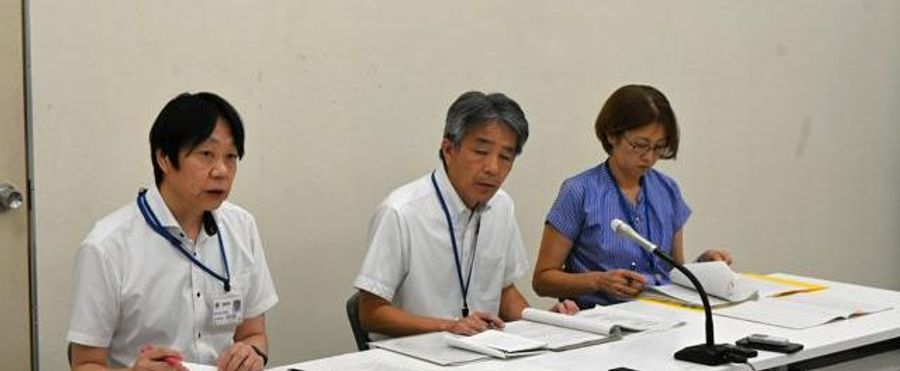Local authorities in an undisclosed prefecture of Japan have controversially denied foreigners' permission to occupy apartments in a recent ruling. The specifics of the situation, including which demographic of foreigners is affected and the reasons behind the county's decision, remain undisclosed. It is a development that is causing ripples in the dense and interwoven tapestry of Japan's housing regulations, raising key questions about inclusivity and fairness.
In Japan, the issue of housing for foreigners is a topic of significant contention. While urban areas generally exhibit more inclusivity, rural areas can be more rigid due to longstanding traditions and societal norms. This news is likely to raise concerns about a potential step backwards in inclusivity, triggering discussions regarding Japan's long-term efforts to foster multiculturalism and reap the benefits of an increasingly global economy.
In comparison, housing applications from foreigners in the US and EU are generally accepted with the stipulation of meeting basic requirements related to financial stability and legality of stay. Such outright denial at the local governmental level can spark discussions on civil rights and equality in those regions.

